30 Faces of the Humanities and Arts
The Willson Center celebrated its 30th anniversary in 2017-2018. In recognition of our three decades of work at the University of Georgia and beyond, we asked 30 of our friends, colleagues, collaborators, and community members to share their ideas about the value of the humanities and arts.
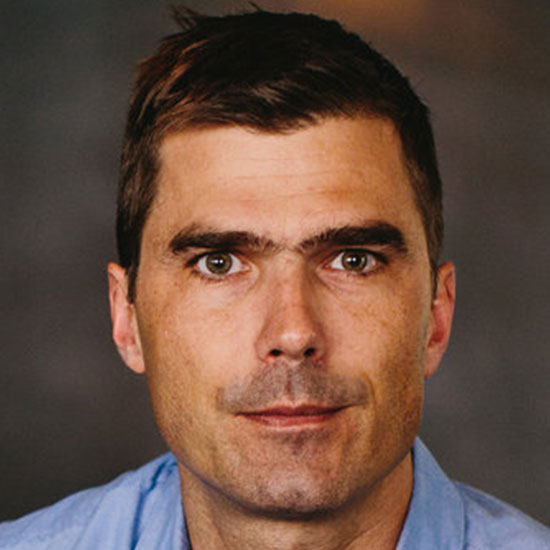
“The arts and humanities are the illustrious and dynamic colors and textures to the line drawings that are our cultures and communities. They make us who we are.”
Hugh Acheson
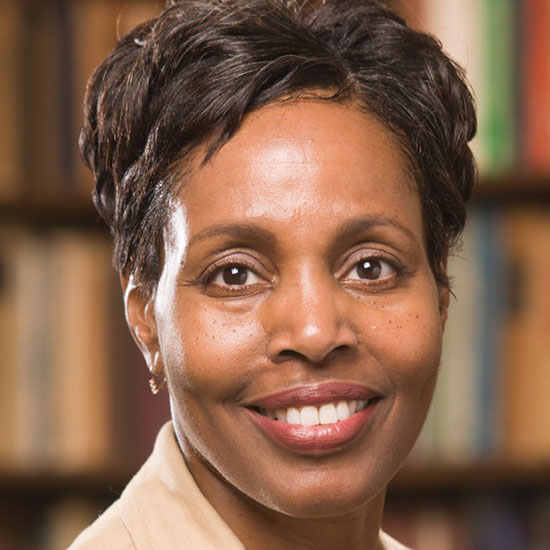
“Every weekend of my childhood in New York City was spent with my mother at some institution offering free humanities and arts programming—the Metropolitan Museum of Art, the New York Philharmonic, or the Delacorte Theatre’s Shakespeare in the Park. I saw more than exhibitions and performances on those weekends; I saw a mosaic of human expression that taught me to value the different ways of seeing and thinking about our shared world. The humanities filled me with mirth, melancholy, wonder, gave me nourishment, sustenance, and taught me about possibilities.”
Valerie Babb
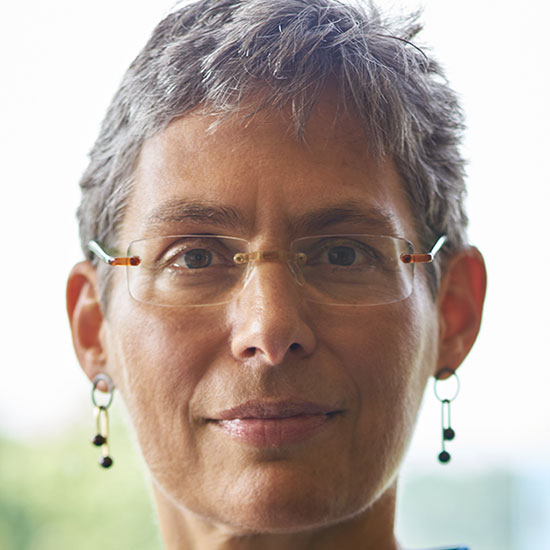
“The arts and humanities contextualize, translate, and tangibly connect us to one another and to the greater world. They are the through line—sense making across diverse cultures, values, ‘truths’ and a dizzying technology. Through story and narrative, song and image, historical remembrances and unspeakable beauty, the arts and humanities keep body and soul together.”
Laurie Baefsky
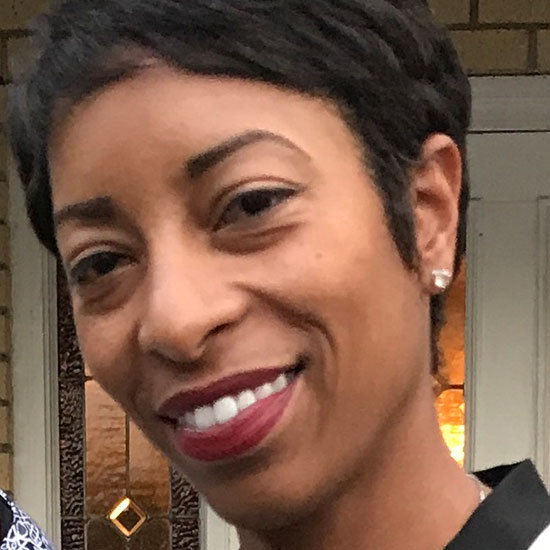
“I believe the arts and humanities are essential to our lives and should be supported. They allow the ideas and emotions of artists, writers, philosophers and theologians to transcend distance and time and have a lasting impact on others.”
Amber Bailey
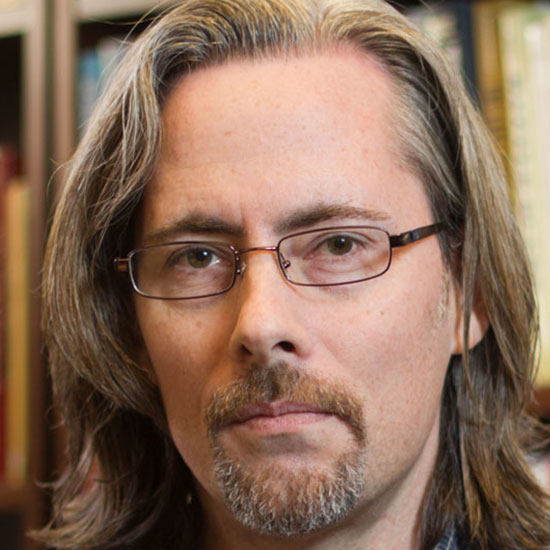
“The humanities can be justified in a single sentence: Immanuel Kant’s ‘Out of the crooked timber of humanity, no straight thing was ever made.’ No mathematical theorem, no chemical formula, can ever capture human kind as completely as a perfectly formed sentence.”
Stephen Berry
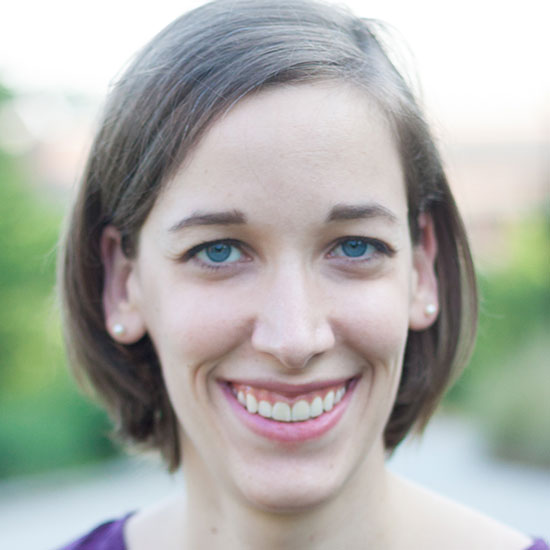
“We cannot overstate the curiosity, discipline, flexibility, and resilience that result from dedicated creative exploration of our world. The arts and humanities compel people across disciplines, education levels, generations, economic statuses, belief systems, and political persuasions to find common ground; peace and progress depend on this community. Further, balancing training in the arts and humanities with the sciences yields a more engaged, sustainable, and innovative work force, and promotes a lifelong pursuit of understanding.”
Franziska Brunner
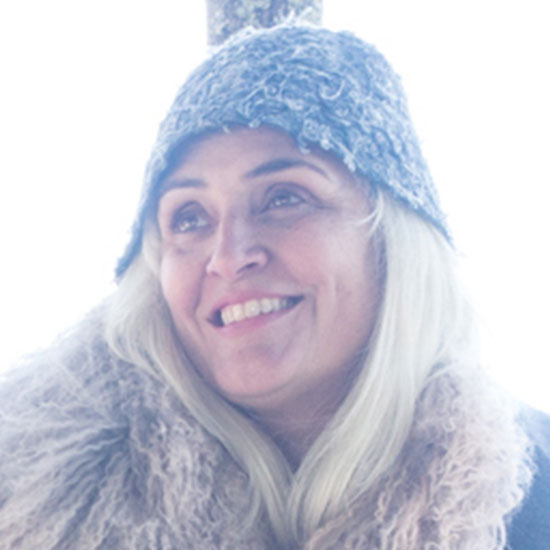
“Regardless of your occupation or perspective, what we as people need to feel and to express right now is empathy—and the humanities, the study of our human experiences, foster that empathy. Working in the world of fashion, a humanistic approach allows me to see and understand the wider world and how our work might impact others. What the humanities show us is that ethics, culture, point-of-view, or reflections on history may not necessarily be quantifiable, but these things—and our deep, rich experiences—shape us and have the potential to shape the future.”
Natalie Chanin
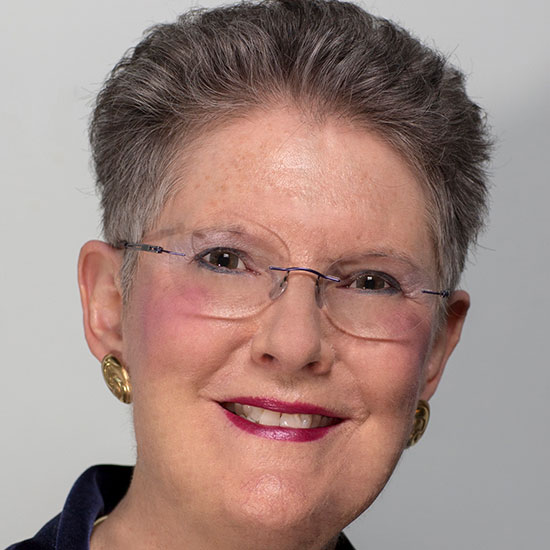
“Education in the humanities—literature, history, philosophy, the appreciation of the arts, and the study of other cultures, languages, and religions—develops our ability to understand and to empathize with people unlike ourselves. Would we not have a more peaceful global community if education in the humanities were universally accessible?”
Betty Jean Craige
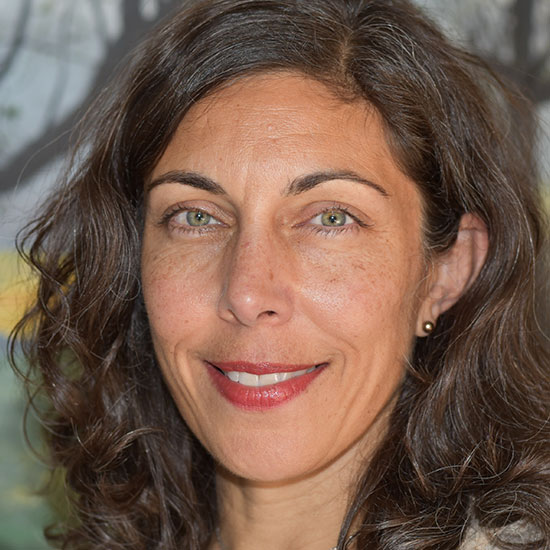
“The arts and the humanities allow us to express our thoughts and experiences. These works convey wondrous beauty and joy, as well as the profound harshness of the human condition, and everything in-between. They are the connections between humans, reveal meaning to life, and inspire.”
Liz DeMarco
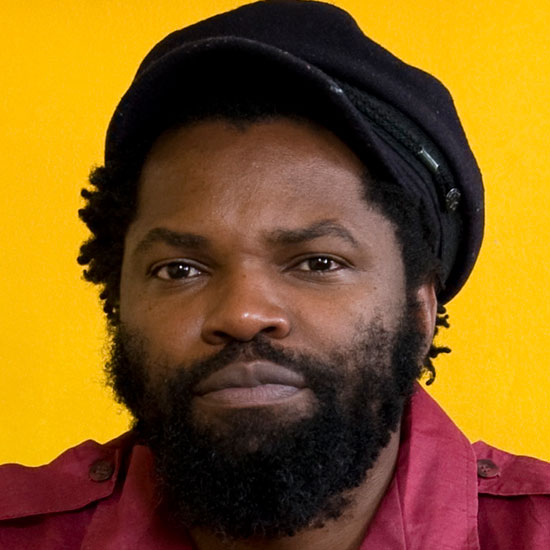
“‘Angazi, but I am sure’ is a common South African phrase. It means: ‘I don’t know, but I am sure.’ It is a deliberately self-contradictory phrase that is usually offered as a prelude to a response—often, when one is asked for directions or facts: ‘Angazi, but I’m sure if you turn left you will get there.’ Lived experience, improvisation and imagination as forms of knowledge. Angazi is also an expression of mutual respect, of community: “I know you will find the way.’”
Ntone Edjabe
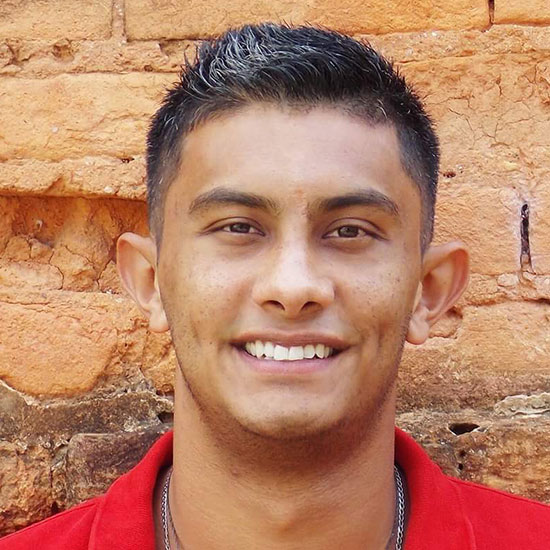
“The humanities provide unique insights and lessons that demonstrate the intrinsic value of the human experience. In my eyes, there exists no better way to discover the characteristics that divide or unite us, whether they are physical, linguistic, or social. Academically, the intimate nature of the humanities has allowed me to delve into an expansive field that offers much to learn and, still yet, even more to unearth.”
Alejandro Espinosa
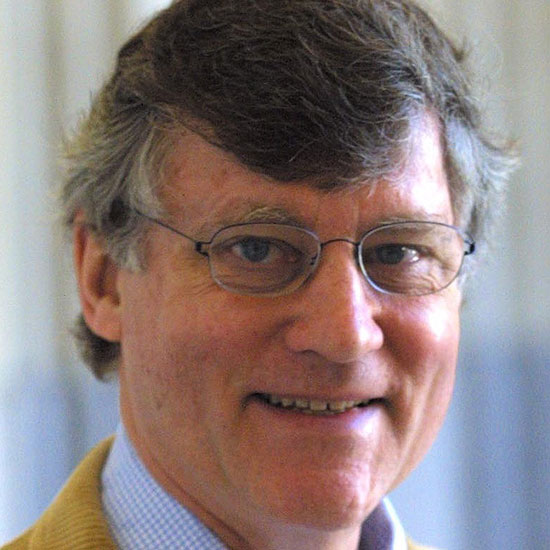
“The humanities and arts are the bone and muscle of our personal life, as well as the life of our nation. Each of us has a duty to strengthen and preserve the humanities and the arts if we are to have a future worth living.”
William Ferris
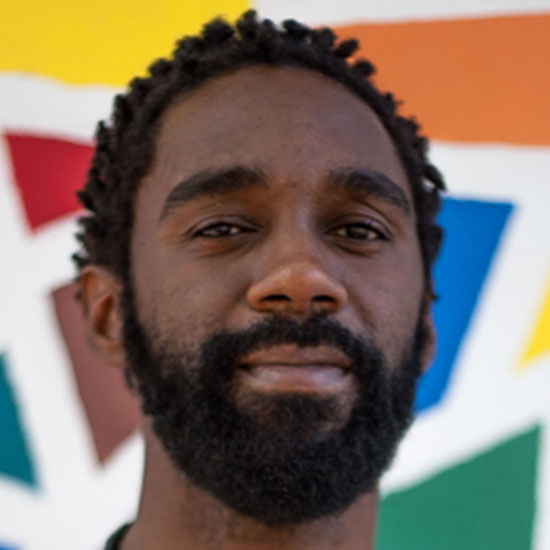
“One of my goals in life is to awaken the inner child in us all—to view the world and everyone else in it with less judgment and more understanding. I use art and social justice to make this a reality, bringing marginalized voices and perspectives into the conversation. A diversity of thought is what moves communities forward. Let us work together to build bridges.”
Broderick Flanigan
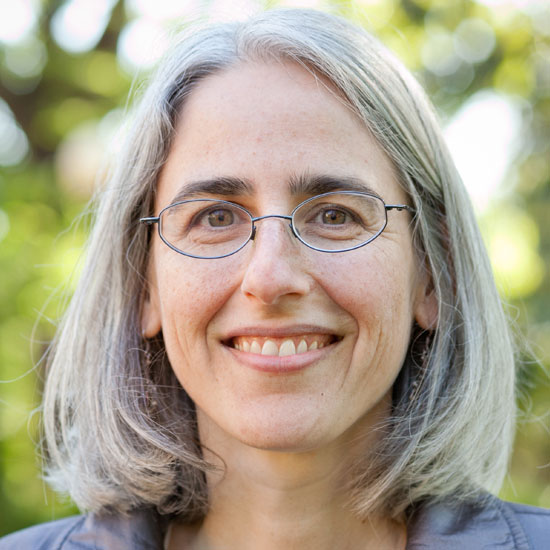
“Studying the humanities means learning to analyze what we read and watch, learning new languages and cultures, learning about other times and other places, and learning more about our own language, culture, time, and place. The humanities don’t exist in a separate space from our everyday lives, but this doesn’t mean that we instinctively know how to be good humanists. We need experienced practitioners to introduce us to areas that are unfamiliar to us, to train us by prodding and correcting as we learn. This training then carries over into careers as varied as education, the sciences, business, and law, and also into our nonworking lives, as we strive to be better citizens, parents, and people.”
Rachel Gabara
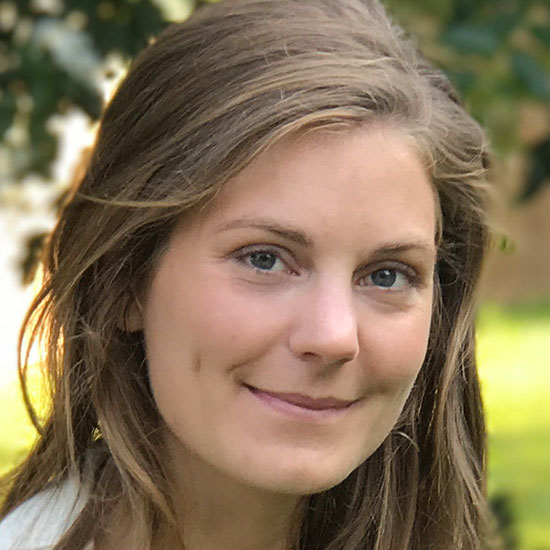
“The humanities situate us in the world. Their focus on the particularities of time, place, history, culture, and character reveal what is good as well as what is unkind and difficult. In showing us the things that we inherit, they provide paths for us to come to terms with this human condition, which is precious. It is this continual situating that makes the humanities vital to our communities as we engage with others and the world.”
Kacie Hittel
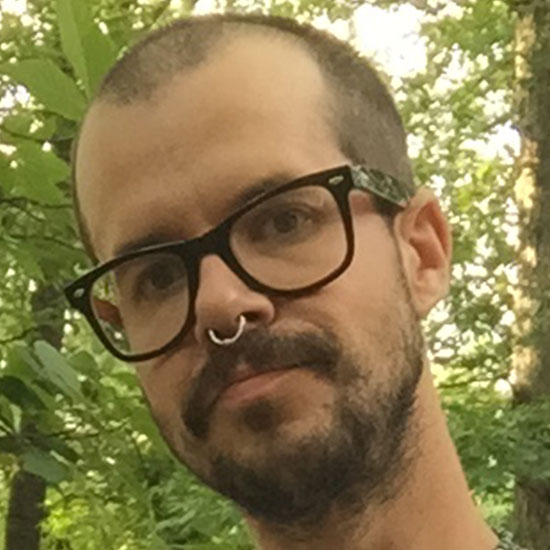
“Our shared legacy of creativity is a beacon of hope and progress in a world that is often dark. As students and teachers of the arts, we are charged with the important task of keeping the flame lit; we are fortunate to be part of an academic community that is invested in sustaining this pursuit.”
Joshua Johnson
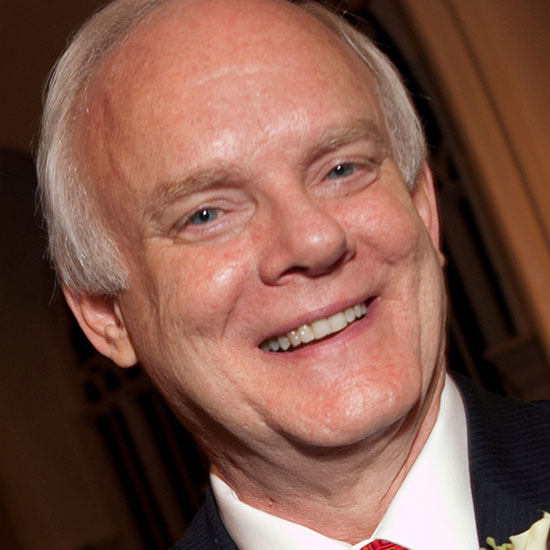
“Through the arts and humanities, we are lifted into the beauty of the world and are challenged by its corruption, we celebrate its joys and we struggle with its pain. We are tested and strengthened intellectually and spiritually. We learn empathy as we are transformed into the vision and perspectives of others, bridging cultural divides for greater understanding, conscious and subliminal. We build community. The arts and humanities make us more human.”
Tim Johnson
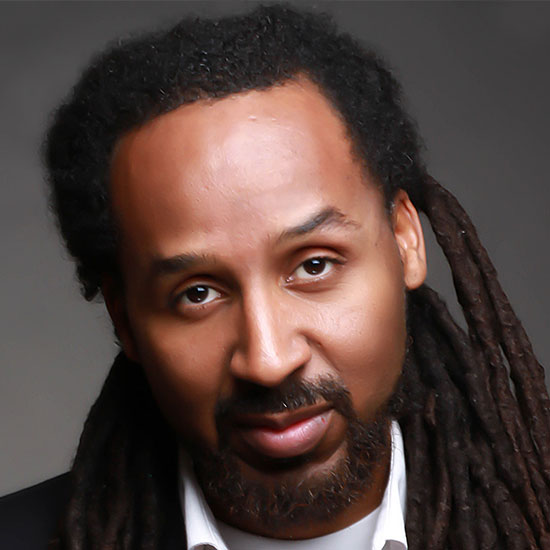
“Art inspires and enriches our humanity. It enlightens the human experience by challenging us to see the world beyond its imperfect perfection.”
Lemuel “Life” LaRoche
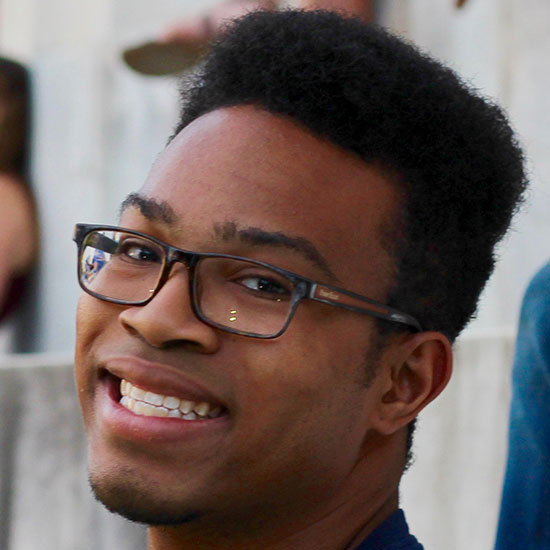
“The appeal to studying arts and humanities is the insight they can give you into the broader human condition. The humanities and arts give us the basic knowledge and context to understand why individuals, groups, and societies do the things they do – and the knowledge gained from these studies can be used in everyday life.”
Langston Leake
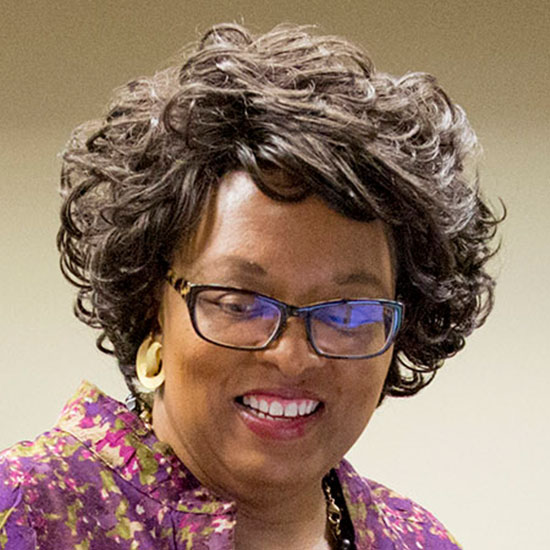
“Those of us who study the humanities and arts are enthusiastic travelers. Our books, performances, compositions, and ideas are portals to possibility. We confidently circumnavigate the past, present, and future. True explorers, we build communities, inspire innovation, unlock minds, and enrich spirits.”
Barbara McCaskill
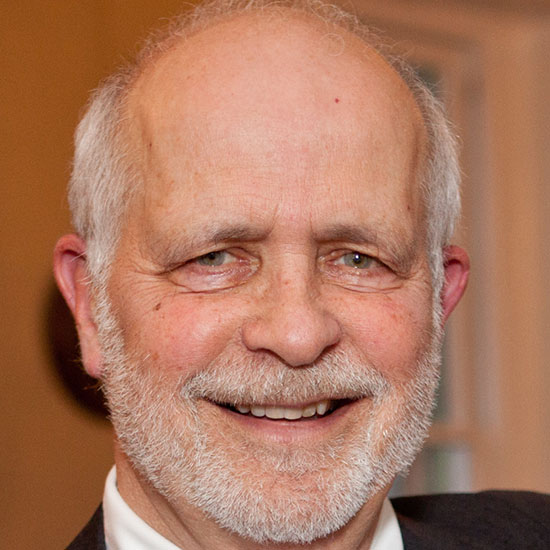
Pete McCommons
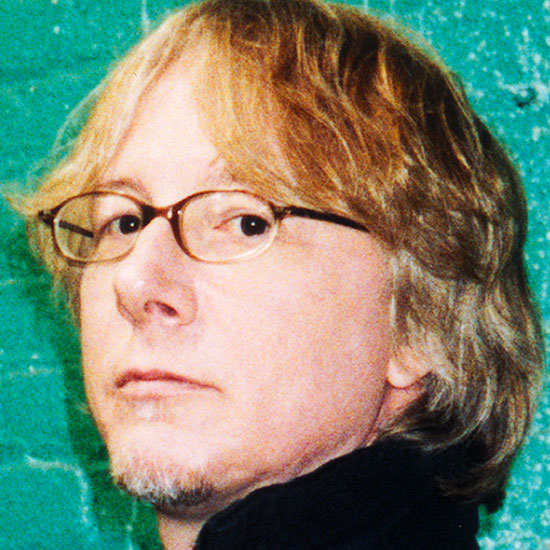
“It is an honor to have an institution like the Willson Center in Athens. The humanities and the arts make any town a more enriching place to live, and the Willson Center helps provide those things and more. Thanks and best wishes to the Willson Center!”
Mike Mills
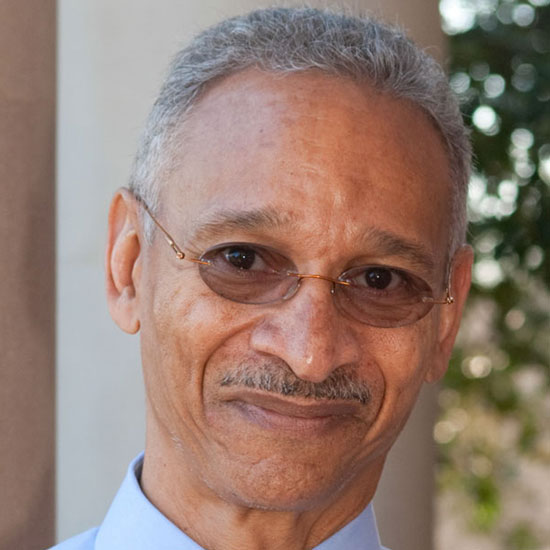
“Our society today prizes wealth and power and the study of business and STEM. Yet modern history shows that pursuit of these goals without the guide of humanistic knowledge, principles, and values can pose serious potential dangers to the common good of a society. The humanities are the anchor and cement of a society and community; without them we are lost.”
John Morrow
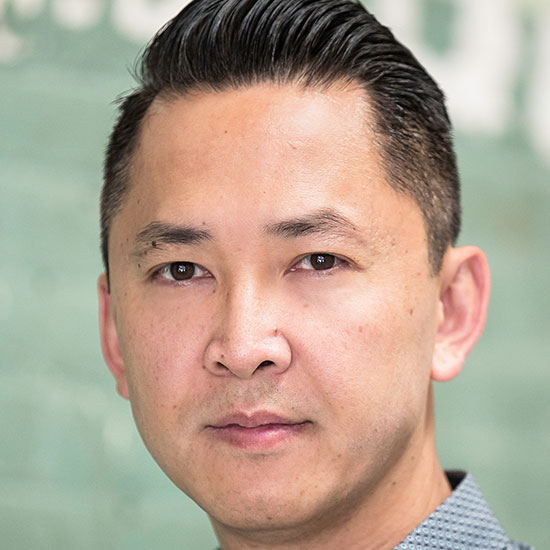
“We need to understand the full range of human possibility if we ever hope to avoid the worst in ourselves and to realize the best. This is what the arts and humanities provides through their exploration of the unending richness and complexity of people, from their greatest accomplishments to their most evil deeds. Through illuminating our past and our present in these ways, the arts and humanities provide us with crucial tools for creating a better world.”
Viet Thanh Nguyen
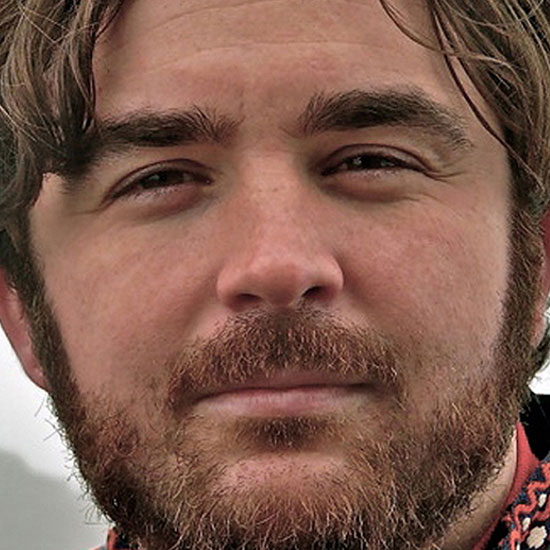
“Now more than ever, arts and humanities are vital in shattering the echo chamber of politically fuelled rhetoric we find ourselves in. Art aims for something higher, deeper, and fundamentally true. Obliterating bias, healing wounds, and engaging the heart – those of the noble goals of the arts and humanities.”
James Ponsoldt
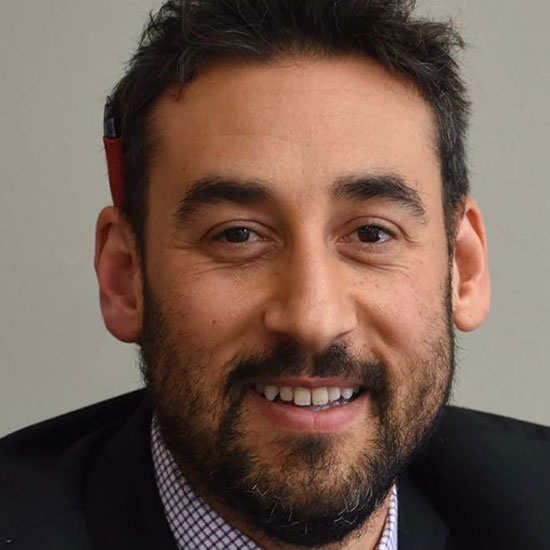
“The study and reflection upon the human condition is perhaps more important than at any other time in my life. As a teacher of the humanities, I hope to empower my students to find not only the answers, but the questions life presents.”
David A. Ragsdale, CJE
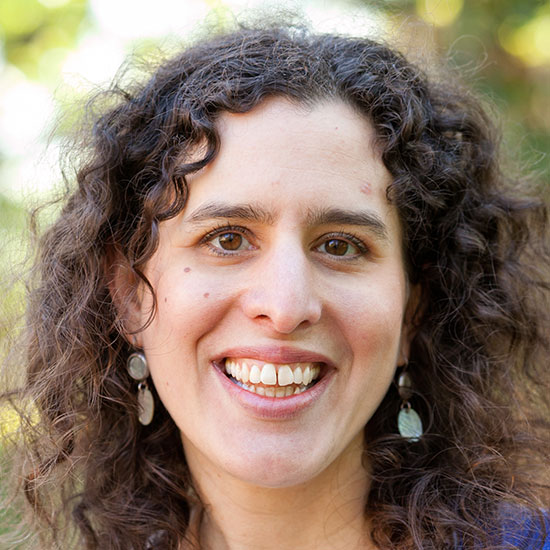
“The humanities and arts teach us to see ourselves and our experiences in a larger cultural and historical perspective, to encounter others empathetically, and to grapple critically and creatively with big questions about life, death, human nature, and society. Through my research, teaching, and the events I organize on Caribbean theatre and performance, I teach Creole and African-derived knowledges and worldviews; cultivate experiential learning through performance, dance, and song; and foster reflection on the legacies of slavery and colonialism, the interplay between cultural difference and shared humanity, and the value of community.”
Emily Sahakian
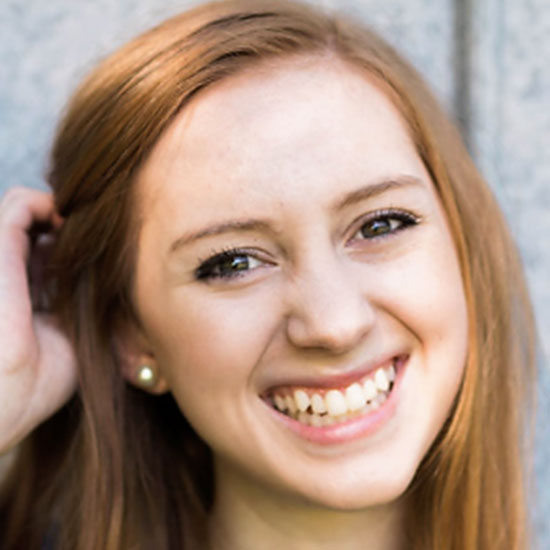
“To be human is to ache, to love, to delight, to crumble, to feel. The humanities and arts allow us to express our deepest truths, connecting us all through our common ability to do more than just exist, but rather, to create. Through this vulnerability, we are able to peer into the minds of those different from us, shattering the divides that perpetuate hate, ignorance, and antipathy.”
Madelyn Schroeder
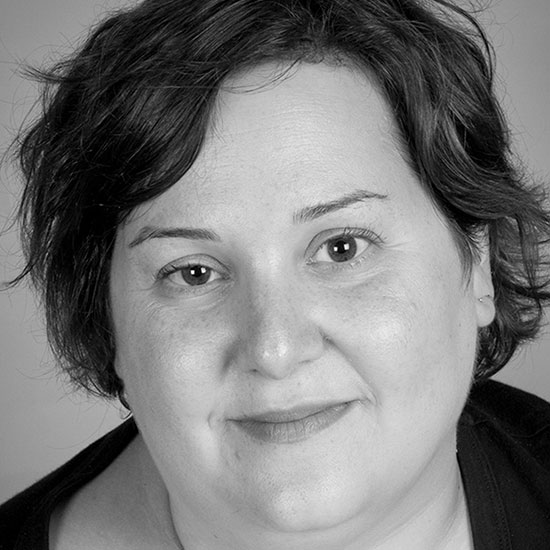
“The arts can tell us stories about current situations in ways that reach more people. My photographs can be as complicated as an essay and seen by thousands of people. Art has the ability to challenge and move people in different ways than words”
Marni Shindelman
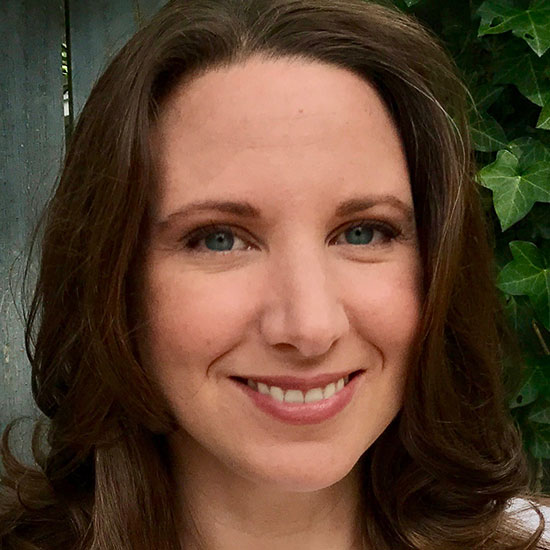
“The arts and humanities continue to provide ways of exploring and understanding the lived experience. Through the foundational skills of analysis and interpretation, research in the arts and humanities teaches us to think more carefully, critically, and broadly about the world—its practices, its problems, and, ultimately, its possibilities.”
